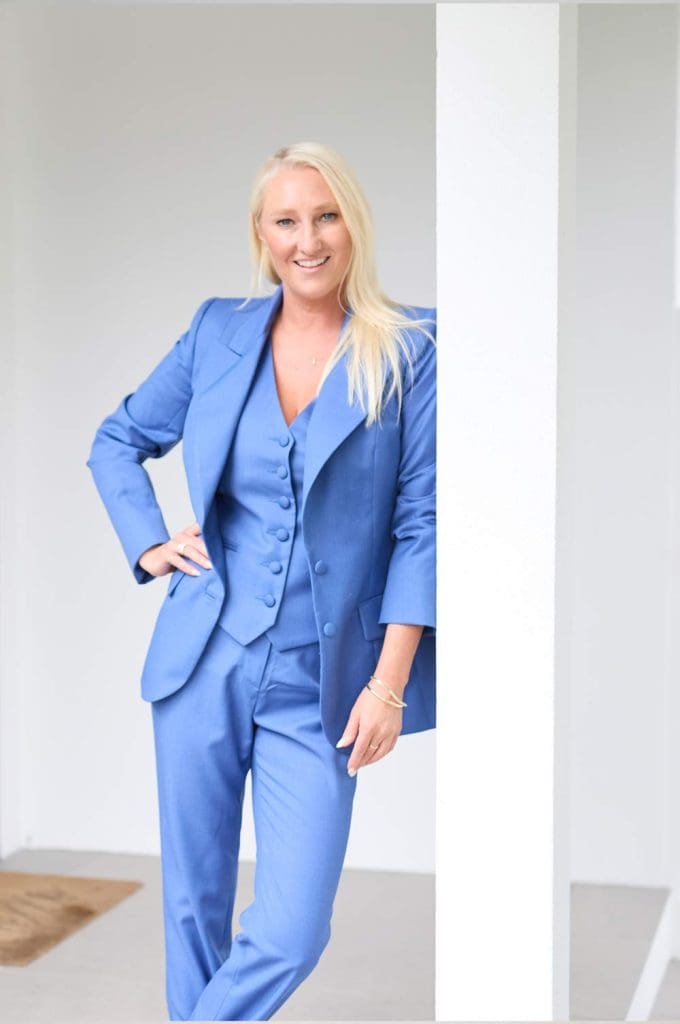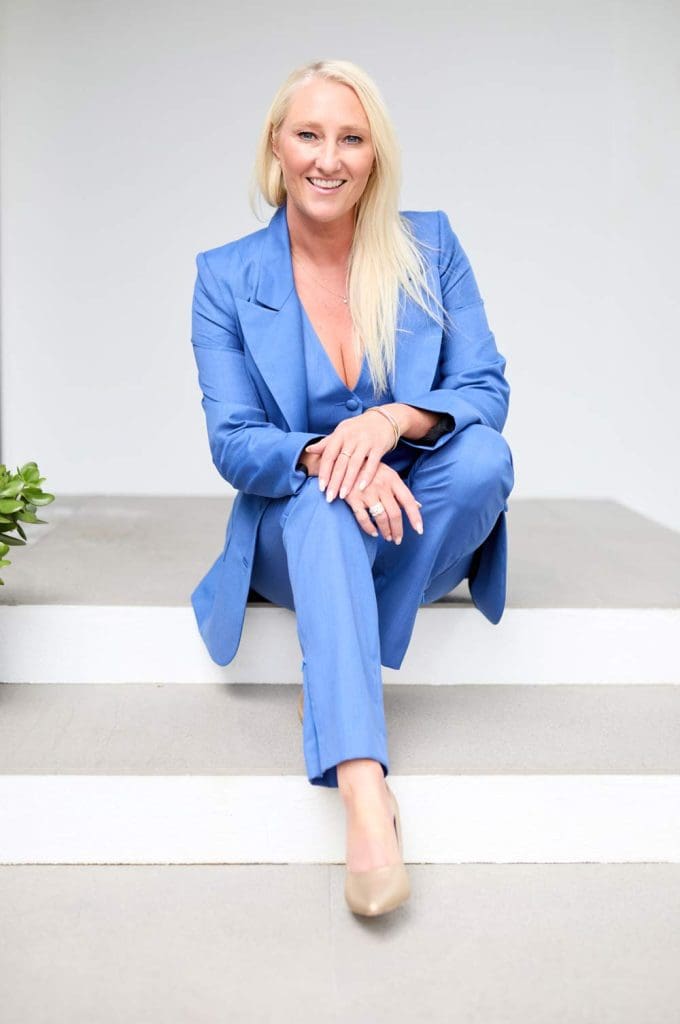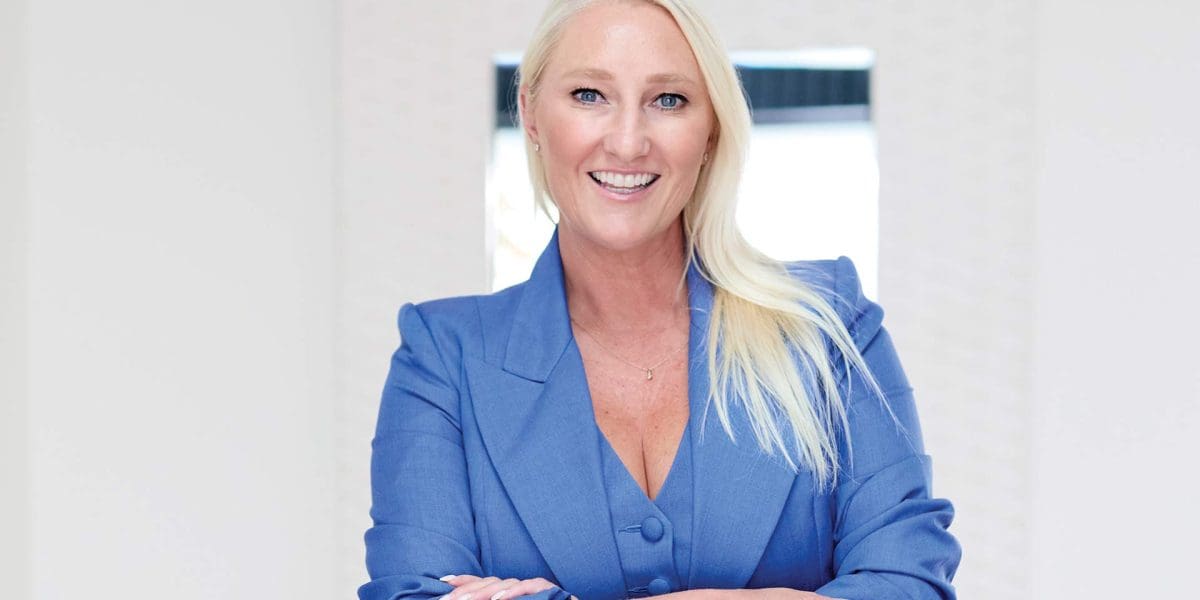Protect Your Power Who’s Holding the Power of Your Purse?
Stepping away from my career to become a full-time mum seemed like a great idea. The thought of not needing our nanny from 7 am to 7 pm and being there for my young kids felt like a dream opportunity, and I was lucky to be able to do this. I made this decision eight years ago at a high point in my career when I was making significant impacts in my industry and for my clients. It felt straightforward at the time.
But reflecting on this decision, I wouldn’t recommend it. Maintaining even minimal engagement in the corporate world is vital. It’s about self-sufficiency, carving out your own path, and having the power to make choices. You can never predict what life has in store.
For me, this was my second divorce and needing to support myself and my three children. This realisation struck me deeply, like a gut punch, when I listened to Indra Nooyi speak about “Economic Freedom” and the “Power of the Purse.” Indra Nooyi, the former CEO of PepsiCo, is renowned for her leadership and advocacy for women’s economic empowerment. She emphasised the importance of women maintaining their financial independence, saying, “Keep that economic power, the power of the purse. Stand on your own two feet.” Her words did more than resonate, they shook me to my core.
To anyone considering a pause in their career journey, remember the critical importance of staying engaged and preserving your economic strength. It’s fundamentally about the choices available to you. Choices that shape your life and determine the paths you’re able to choose versus those you’re forced to walk (or what sometimes feels like crawling).
Economic freedom is more than just financial security, it’s about the power to make choices. Stepping away from a career often means sacrificing this power. Research shows that women who take a career break face significant financial setbacks. According to a study by the Center for American Progress, women who take just one year off lose 20% of their lifetime earnings. This loss compounds with each additional year away from the workforce.
For me, the implications were stark. Despite having a mortgage for 20 years, building equity, and consistently making payments over decades, I found myself unable to keep the mortgage after my divorce. Without my ex-husband’s income, I didn’t tick the necessary boxes for refinancing, even though I had a solid financial history. I had to get creative and seek help, a privilege not everyone has. This experience highlighted an often-overlooked consequence of stepping away from a career, the loss of financial independence can limit your ability to secure even basic needs like housing.
Maintaining an income isn’t just about paying the bills, it’s about preserving your ability to make choices. Financial independence means you can decide where to live, how to invest in your children’s education, activities, and lives, and how to plan for your future without relying on someone else’s income. It gives you the freedom to leave unhealthy relationships (been there too), invest in personal growth, and explore new career opportunities, and live without a horrible lump in your throat.
Economic independence also provides a safety net against life’s uncertainties. Divorce, illness, or a partner’s job loss can drastically alter your financial situation. By maintaining some level of professional engagement, you safeguard against these risks. You ensure that you have the means to support yourself and your family, no matter what life throws your way.

Knowing and managing your finances is a crucial aspect of maintaining your economic power. It’s essential to have a clear understanding of your financial situation and access to all relevant information. Don’t leave it up to someone else, regardless of how things have been in the past. This is your sign to take control now.
Stay informed: Regularly review your financial statements and understand your income, expenses, assets, and liabilities.
Access matters: Ensure you have access to all your financial accounts and documents. Know where your money is and how it’s being managed.
Make decisions: Be actively involved in financial decisions, whether it’s about investments, savings, or day-to-day expenses.
Seek advice: Don’t hesitate to consult a financial advisor if you need help understanding your finances or making informed decisions.
Get over yourself: Don’t feel embarrassed to ask questions or change the status quo. You will feel worse in years to come if you don’t have your finances in order.
Re-entering the workforce after a significant hiatus is challenging, but it’s not insurmountable. Here are some steps I found helpful:
Update your skills: The business world evolves rapidly, but the skills and experience you have are still valid. To help with confidence you can take courses or gain certifications that can help bridge the gap and make your re-entry smoother.
Network actively: Reconnect with old colleagues and attend industry events. Networking can open doors to opportunities that might not be advertised.
Start small: Don’t be afraid to take on smaller projects or part-time work initially. It helps ease back into the professional environment without overwhelming yourself.
Seek support: Jump on LinkedIn, and join support groups or forums for professionals re-entering the workforce. Sharing experiences and tips can be incredibly motivating.
Believe in yourself: This is the most important thing you can do. You have valuable skills and experiences. No matter how much things have changed, you will be able to pick it up quickly. Don’t doubt yourself, back yourself. Remember, your abilities and talents are still relevant and needed.
It’s a numbers game: Re-entering the job market can be tough, and you may need to send out your CV multiple times before you get a response. Don’t take it personally. Persistence is key. Fill your job pipeline and keep going. The right opportunity will come along.

Balancing motherhood and a career is no easy feat, but it is possible. Embracing the dual role requires:
Effective time management: Prioritise tasks and set realistic goals. Use tools like calendars and planners to keep track of responsibilities.
Self-care: Ensure you are also taking care of yourself. A well-rested and happy mum is more effective both at home and work.
Open communication: Be honest with your family and employers about your needs and limitations. Setting boundaries helps maintain balance.
Create a village: Lean on your village to help you with your life. You will require additional help from friends and family or paid help. Don’t hesitate to ask for support, and be ready to give back when you can. Building a supportive network is essential for managing both professional and personal responsibilities.
Stepping away from my career to focus on my family was a decision made with the best intentions. However, the importance of maintaining professional engagement cannot be overstated. Economic freedom is not just about financial independence, it’s about having the power to make choices that shape your life. It gives you choices, time, and freedom.
To all the women considering a career pause or those already on one, remember, keep your professional identity alive. It will empower you to stand on your own two feet and navigate life’s uncertainties with confidence, resilience, and the ability to make your own choices.
Your power lies in your ability to choose, don’t ever give that up.
